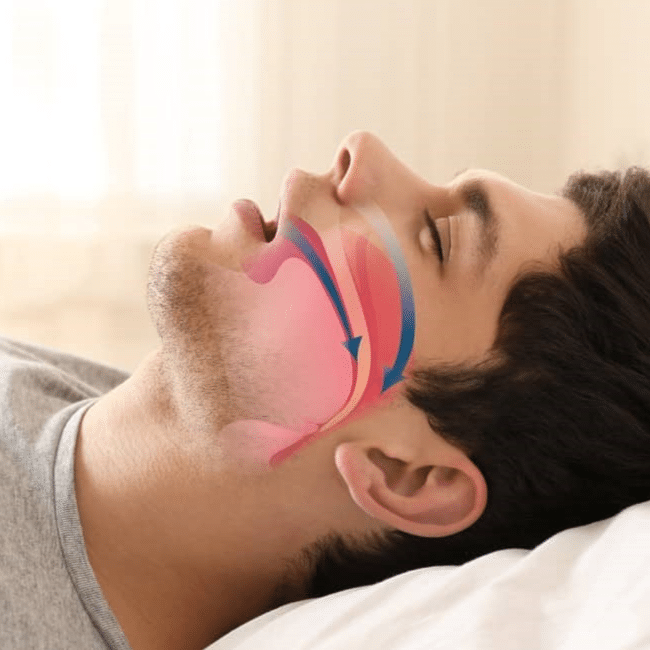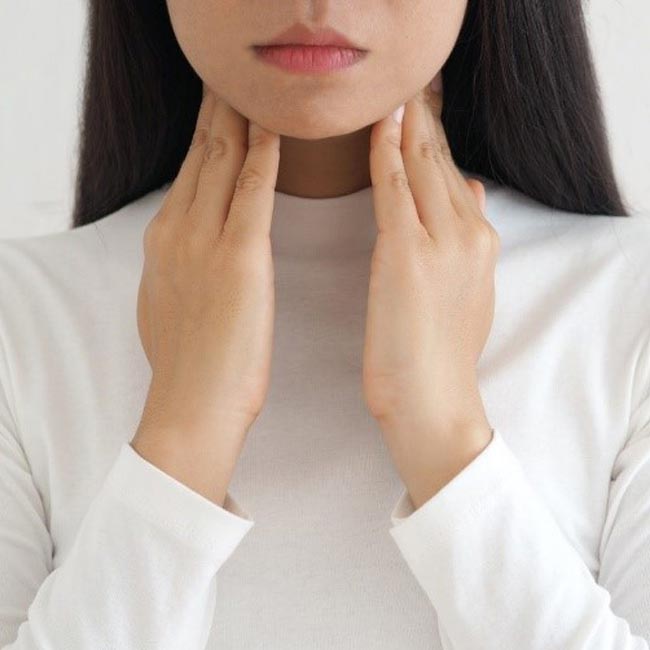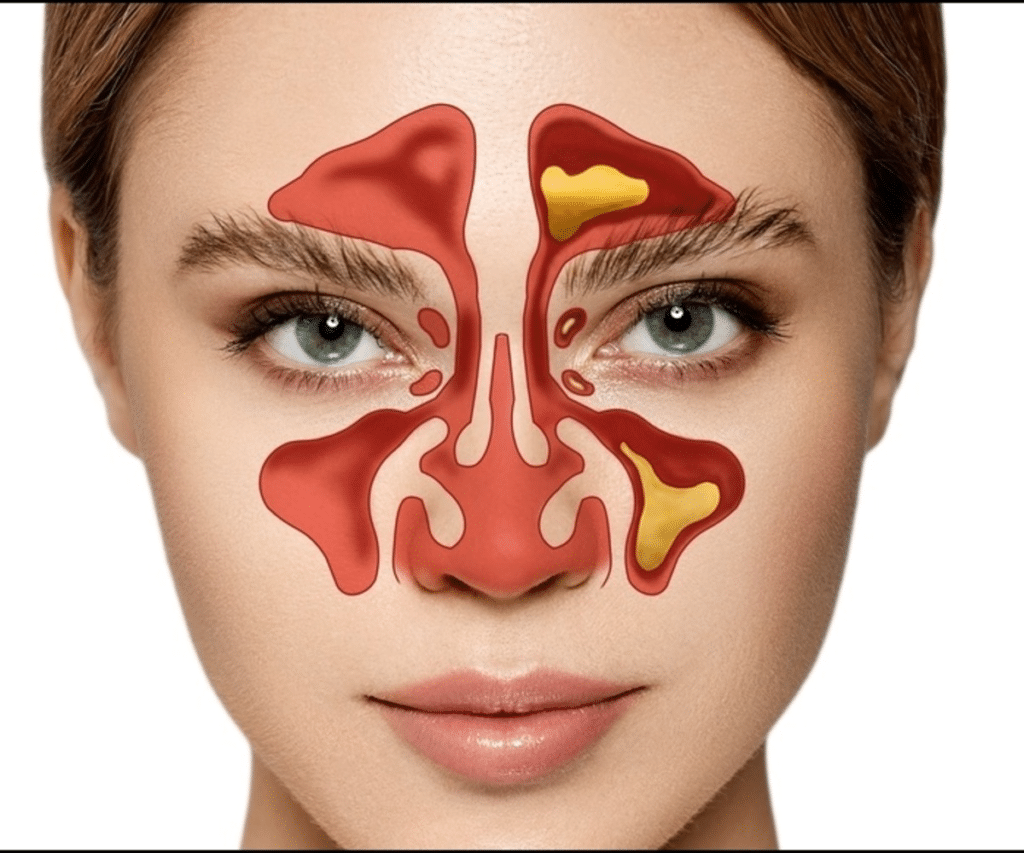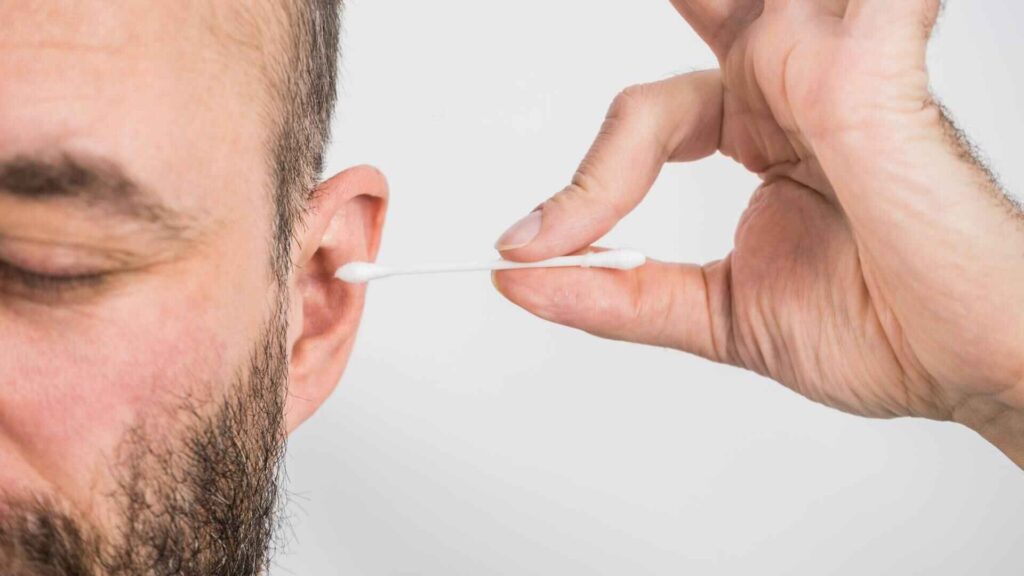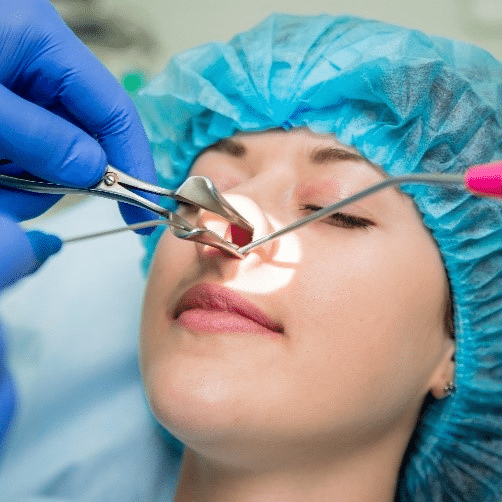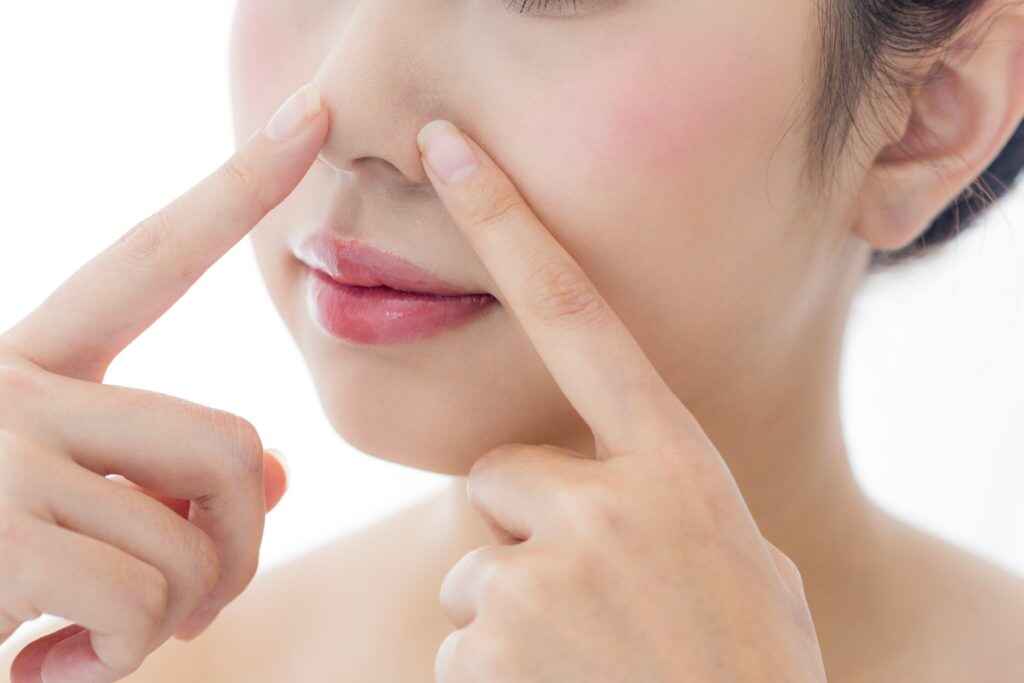Introduction
Snoring and sleep apnea can be distressing sleep disorders affecting millions of people worldwide. While snoring may seem harmless, it can disrupt sleep patterns and often indicate a more severe condition such as sleep apnea. Fortunately, various treatment options are available to address these issues, ranging from lifestyle changes to medical interventions. In severe cases, surgery can provide a lasting solution to alleviate snoring and manage sleep apnea effectively.
Causes of Snoring and Sleep Apnea
Understanding the underlying causes of snoring and sleep apnea is crucial in comprehending how surgical intervention can be beneficial. Snoring occurs when the flow of air through the mouth and nose is partially blocked during sleep. Factors contributing to snoring include nasal congestion, obesity, alcohol consumption, and structural abnormalities of the airway.
Sleep apnea, on the other hand, involves the temporary cessation of breathing during sleep. It is often caused by the relaxation of throat muscles, which obstructs the airway. Obesity, smoking, family history, and certain medical conditions can increase the risk of developing sleep apnea. Identifying these causative factors is essential for determining the appropriate treatment approach.
Treatment for Snoring and Sleep Apnea
Before considering surgery as an option, it is important to explore other non-invasive treatments for snoring and sleep apnea. Lifestyle changes such as weight loss, avoiding alcohol before bedtime, sleeping on the side instead of the back, and using nasal strips can significantly improve symptoms.
Continuous positive airway pressure (CPAP) therapy is another commonly prescribed treatment for sleep apnea. This involves wearing a mask that delivers a consistent flow of air pressure, keeping the airway open during sleep. While highly effective, some individuals may find CPAP therapy uncomfortable or inconvenient, leading them to seek alternative solutions such as surgery.
Surgery for Snoring and Sleep Apnea
When other treatments have proven ineffective or intolerable, surgery can be an excellent option to address the root causes of snoring and sleep apnea. There are several surgical techniques available, depending on the specific needs and conditions of the patient.
One common surgical procedure is uvulopalatopharyngoplasty (UPPP). This surgery involves removing excess tissue from the throat, including the uvula, tonsils, and part of the soft palate. By widening the airway, UPPP can reduce snoring and alleviate mild to moderate sleep apnea symptoms.
Another surgical option is the surgical correction of nasal abnormalities. Deviated septum, nasal polyps, and other structural issues can contribute to snoring and sleep apnea. By repairing these abnormalities, surgeons can improve airflow and eliminate blockages, leading to better breathing during sleep.
In more severe cases of sleep apnea, maxillomandibular advancement surgery (MMA) may be recommended. This procedure involves repositioning the upper and lower jaw to expand the airway and prevent obstruction. MMA is typically reserved for patients with significant facial abnormalities or skeletal problems contributing to sleep apnea.
It is crucial to consult with a qualified sleep specialist or an otolaryngologist to determine the most appropriate surgical option based on an individual’s unique circumstances.
Contact Dr. Shalina for the Best Sleep Apnea and Snoring Treatment in Bangalore
If you are experiencing persistent snoring or sleep apnea symptoms, it is advisable to seek professional medical help. Dr. Shalina, a renowned specialist in sleep medicine, offers the best sleep apnea and snoring treatments in Bangalore. With her expertise and comprehensive understanding of these conditions, Dr. Shalina can help diagnose the root cause of your sleep disorder and provide personalized treatment plans, including surgical options if necessary. Contact Dr. Shalina today to begin your journey towards restful and rejuvenating sleep.
Tips to Overcome Snoring and Sleep Apnea
While surgery can be an effective solution, it is always beneficial to adopt certain lifestyle changes and self-care practices to alleviate snoring and manage sleep apnea symptoms. Here are some tips to consider:
- Maintain a healthy weight through exercise and a balanced diet to reduce excess fatty tissue that contributes to airway obstruction.
- Incorporate regular physical activity, such as walking or cycling, into your routine.
- Consult a nutritionist for a personalized diet plan that promotes weight loss.
- Avoid sleeping on your back, as this position can lead to the relaxation of throat muscles and blockage of the airway.
- Try using a body pillow or wedge-shaped pillow to encourage side-sleeping.
- Minimize alcohol consumption, especially before bedtime, as it relaxes the muscles in the throat and can worsen snoring and sleep apnea.
- Practice moderation if you choose to drink alcohol, and avoid it at least two hours before sleeping.
- Practice good sleep hygiene, such as maintaining a consistent sleep schedule, creating a comfortable sleep environment, and avoiding electronic devices before bed.
- Ensure your bedroom is quiet, dark, and cool, promoting optimal conditions for restful sleep.
- Establish a relaxing bedtime routine to signal your body and mind that it is time to sleep.
By incorporating these habits into your daily life, you can improve your overall sleep quality and minimize the severity of snoring and sleep apnea symptoms. However, it is advisable to consult with a healthcare professional for personalized advice tailored to your specific needs.
Conclusion
Snoring and sleep apnea can significantly impact both the quality of sleep and overall well-being. While various non-surgical treatments exist, such as lifestyle changes and CPAP therapy, surgery can be a viable option for those seeking a long-lasting solution. By understanding the causes and exploring surgical interventions like UPPP, nasal correction, or MMA, individuals can effectively address their snoring and sleep apnea symptoms. Remember to consult with a qualified specialist, such as Dr. Shalina, to determine the most suitable treatment for your specific condition. Additionally, adopting healthy lifestyle practices and following self-care tips can further enhance the effectiveness of any chosen treatment. Prioritize your sleep and take proactive steps towards a restful and rejuvenating slumber.

